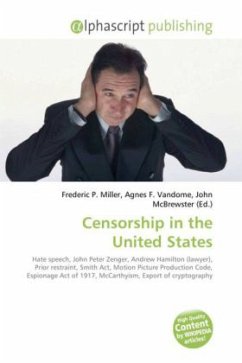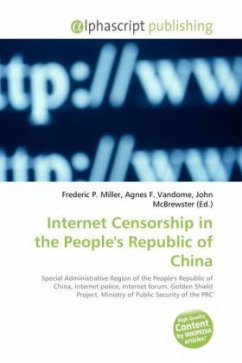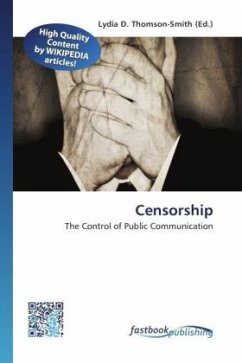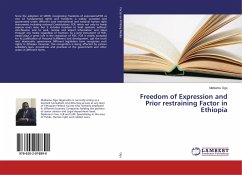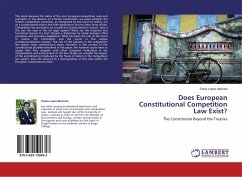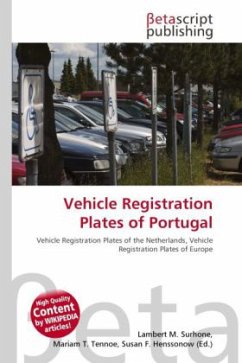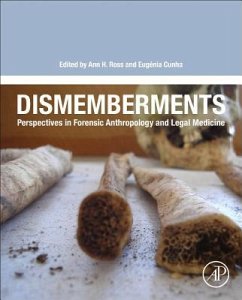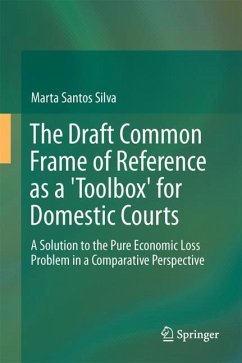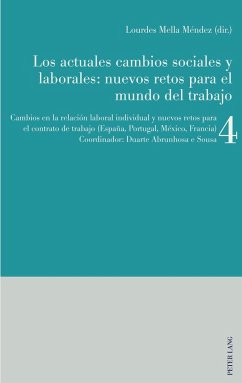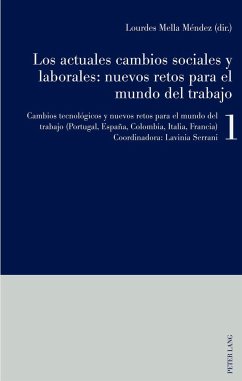
Censorship in Portugal
Versandkostenfrei!
Versandfertig in 6-10 Tagen
23,99 €
inkl. MwSt.

PAYBACK Punkte
12 °P sammeln!
High Quality Content by WIKIPEDIA articles! Censorship has been a fundamental element of Portuguese national culture throughout the country's history. From its earliest history Portugal was subject to laws limiting freedom of expression. This was mainly due to the influence of the Church since the time of Ferdinand I, who requested that Pope Gregory XI institute episcopal censorship. Later, the censorship would also apply to the publication of other written works. Portuguese citizens still remember the Estado Novo's censorship policy, institutionalizing strict control over the media, resorting...
High Quality Content by WIKIPEDIA articles! Censorship has been a fundamental element of Portuguese national culture throughout the country's history. From its earliest history Portugal was subject to laws limiting freedom of expression. This was mainly due to the influence of the Church since the time of Ferdinand I, who requested that Pope Gregory XI institute episcopal censorship. Later, the censorship would also apply to the publication of other written works. Portuguese citizens still remember the Estado Novo's censorship policy, institutionalizing strict control over the media, resorting to measures used previously against newspapers and systematic sequestering of books. In fact, every political regime was very careful with the legislation related to the area of press freedom in most cases restricting it. In the five centuries of the history of Portuguese press, four were marked by censorship.



